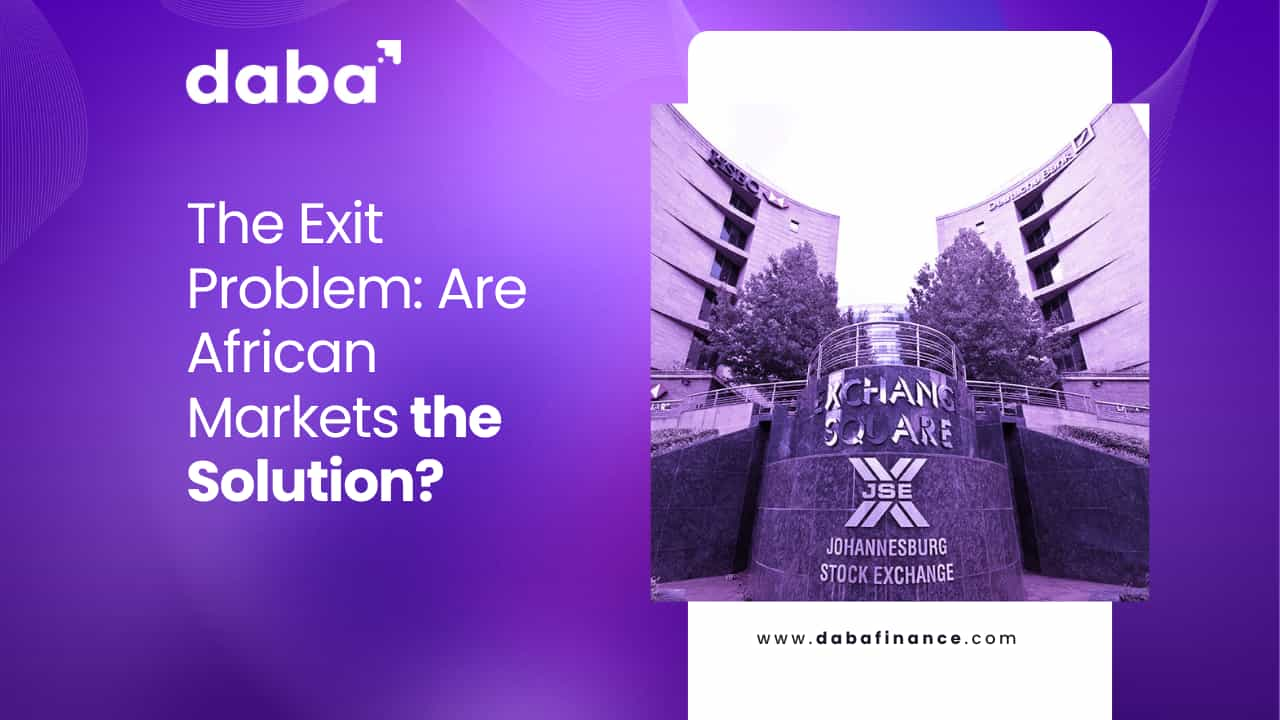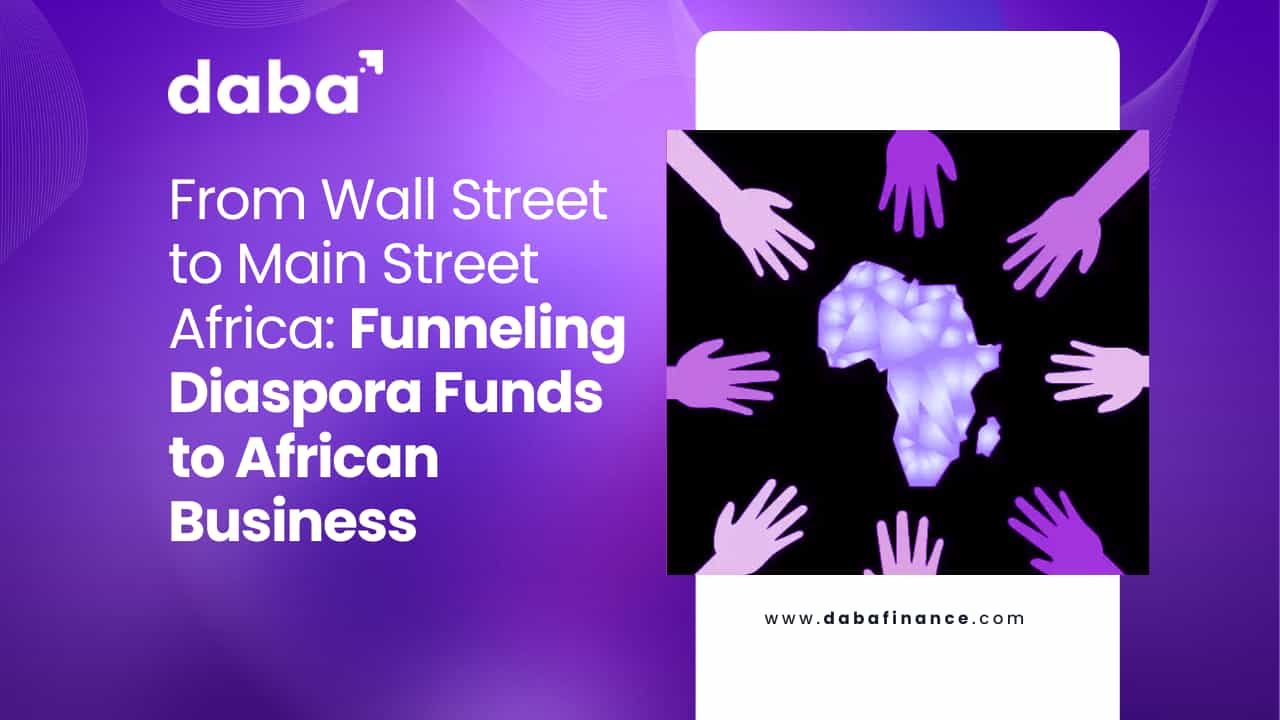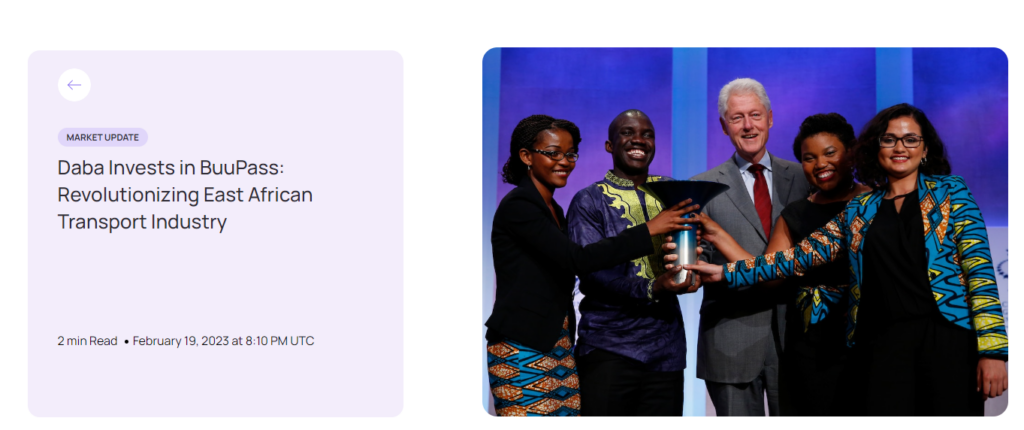La part relative du stock d’IDE de l’Afrique en provenance d’Europe a diminué au cours de la dernière décennie, tandis que celle de l’Asie a augmenté.
L’investissement direct étranger (IDE) se produit lorsqu’une personne ou une entreprise d’un pays investit dans une entreprise d’un autre pays et en prend le contrôle significatif, généralement en possédant 10 % ou plus de son pouvoir de vote.
L’IDE est crucial pour relier les économies à l’échelle mondiale, car il établit des liens durables entre elles. C’est un moyen vital pour que la technologie circule entre les pays, stimule le commerce international en offrant un accès à de nouveaux marchés, et joue un rôle majeur dans la croissance économique.
Ainsi, nous discutons des principaux pays qui représentent la plus grande part des flux d’IDE vers les marchés africains. Mais d’abord, pourquoi l’IDE est-il important pour l’Afrique, et quelles sont les dernières tendances en matière d’investissement direct étranger sur le continent ?
Pourquoi l’Investissement Étranger est-il Important pour l’Afrique ?
Pour l’Afrique, l’IDE est crucial pour plusieurs raisons. Premièrement, il apporte un capital indispensable pour le développement des infrastructures, la création d’emplois et le transfert de technologie, qui sont essentiels à la croissance économique.
L’IDE facilite également la diversification des économies en introduisant de nouvelles industries et en améliorant celles qui existent déjà. De plus, il favorise le commerce et renforce l’intégration économique mondiale en connectant les marchés africains aux réseaux internationaux.
En outre, l’IDE s’accompagne souvent d’expertise, de compétences en gestion et d’un accès aux marchés mondiaux, ce qui peut aider les entreprises locales à s’étendre et à devenir plus compétitives.
En outre, il favorise l’innovation et les améliorations de productivité grâce aux transferts de connaissances et à la diffusion de la technologie. Enfin, l’IDE contribue à la stabilité des économies africaines en fournissant une source stable de financement externe et en réduisant la dépendance à l’égard de sources volatiles telles que l’aide étrangère ou les exportations de produits de base.
Ne manquez pas les opportunités d’investissement exclusives en Afrique ! Téléchargez dès aujourd’hui l’application Daba et débloquez un monde de retours potentiels tout en ayant un impact positif.
Dernières Tendances des Flux d’IDE vers l’Afrique
Le Rapport sur l’Investissement Mondial de la CNUCED pour l’année 2023 révèle que les investissements étrangers en provenance de l’étranger vers l’Afrique sont passés à 45 milliards de dollars en 2022, contre un record de 80 milliards de dollars en 2021. Cela représentait 3,5 % de l’investissement mondial total.
En Afrique du Nord, l’Égypte a vu un gros bond des investissements étrangers à 11 milliards de dollars en raison de plus d’entreprises achetant et fusionnant. Le nombre de nouveaux projets annoncés a plus que doublé pour atteindre 161. Les accords pour des projets internationaux ont également augmenté des deux tiers pour atteindre 24 milliards de dollars. Cependant, l’investissement au Maroc a légèrement baissé de 6 % pour atteindre 2,1 milliards de dollars.
En Afrique de l’Ouest, le Nigeria a enregistré un investissement étranger négatif de -187 millions de dollars car certains investisseurs se sont retirés. Mais le nombre de nouveaux projets a augmenté de 24 % pour atteindre 2 milliards de dollars. L’investissement au Sénégal est resté le même à 2,6 milliards de dollars, tandis que le Ghana a vu une diminution de 39 % pour atteindre 1,5 milliard de dollars.
En Afrique de l’Est, l’investissement en Éthiopie a chuté de 14 % pour atteindre 3,7 milliards de dollars, mais il a quand même reçu le deuxième investissement étranger le plus important sur le continent. L’investissement en Ouganda a augmenté de 39 % pour atteindre 1,5 milliard de dollars en raison d’investissements dans l’extraction de ressources. La Tanzanie a enregistré une augmentation de 8 % pour atteindre 1,1 milliard de dollars.
En Afrique Centrale, l’investissement en République Démocratique du Congo est resté le même à 1,8 milliard de dollars, principalement grâce aux investissements dans les champs pétrolifères et l’exploitation minière.
En Afrique Australe, l’investissement étranger en Afrique du Sud s’est élevé à 9 milliards de dollars, moins qu’en 2021 mais le double de la moyenne des dix dernières années. En Zambie, après deux années de pertes, l’investissement étranger a augmenté pour atteindre 116 millions de dollars.
Vous recherchez une chance de faire la différence tout en obtenant des retours. Rendez-vous sur notre application pour commencer à investir dans la croissance de l’Afrique dès aujourd’hui !
Au cours des cinq dernières années, l’investissement étranger a augmenté dans quatre des groupes économiques en Afrique.
L’investissement dans le Marché Commun de l’Afrique Orientale et Australe a augmenté de 14 % pour atteindre 22 milliards de dollars. Il a également augmenté dans la Communauté de Développement de l’Afrique Australe (multiplié par quatre pour atteindre 10 milliards de dollars), l’Union Économique et Monétaire Ouest Africaine (doublant pour atteindre 5,2 milliards de dollars), et la Communauté d’Afrique de l’Est (en hausse de 9 % pour atteindre 3,8 milliards de dollars).
De manière générale, les destinations de l’IDE en Afrique ont évolué au cours de la dernière décennie, avec l’Afrique du Nord et l’Afrique Australe – qui représentaient la majorité de l’IDE à mi-2000 – perdant des parts d’IDE au profit de l’Afrique de l’Est.
Sources des Flux d’IDE vers l’Afrique
Les investisseurs européens restent la source la plus importante de stock d’IDE en Afrique, avec en tête le Royaume-Uni (60 milliards de dollars), la France (54 milliards de dollars), et les Pays-Bas (54 milliards de dollars) au cours des cinq dernières années.
Mais la part relative du stock d’IDE de l’Afrique provenant de l’Europe a diminué au cours de la dernière décennie, tandis que la part de l’Asie a augmenté – la Chine étant actuellement en tête.
Nous explorons les principales sources des flux d’IDE vers l’Afrique, sur la base des données de la recherche de l’Institut Brookings de l’année 2014 à 2018.
Chine
La Chine est le plus grand investisseur mondial en Afrique en termes de capital total. Elle a investi plus de 72 milliards de dollars sur le continent de 2014 à 2018. Cet investissement a créé plus de 137 000 emplois à travers 259 projets.
France
La France a investi 34 milliards de dollars en Afrique sur la même période, créant 58 000 emplois dans 329 projets. Les investissements de la France sont cruciaux pour ses anciennes colonies en Afrique, telles que le Nigeria, le Maroc, l’Algérie et la Côte d’Ivoire.
États-Unis
L’investissement direct américain en Afrique s’est élevé à près de 31 milliards de dollars de 2014 à 2018. Les États-Unis étaient responsables de 463 projets sur le continent, soit le plus grand nombre par rapport à tout autre pays. Ces projets ont créé 62 000 emplois. Les entreprises américaines continuent de rechercher des opportunités d’investissement en Afrique.
Vous voulez franchir la prochaine étape pour exploiter le potentiel d’investissement de l’Afrique ? Rendez-vous sur notre site Web ou téléchargez dès maintenant l’application Daba pour commencer votre voyage.
Émirats Arabes Unis
Les Émirats Arabes Unis (EAU) ont versé plus de 25 milliards de dollars en Afrique au cours de quatre années. Cela est logique étant donné la proximité des Émirats Arabes Unis avec l’Afrique de l’Est, car ils se trouvent à l’extrémité orientale de la péninsule arabique.
Les investissements en capital des Émirats Arabes Unis en Afrique devraient augmenter fortement dans les années à venir : Le gouvernement en 2020 a annoncé une initiative de 500 millions de dollars pour aider la jeunesse africaine et numériser les ressources.
Fin 2019, les Émirats Arabes Unis ont déclaré finaliser un accord de libre-échange avec un consortium de pays africains, et le mois dernier, ils ont signé un accord de 35 milliards de dollars avec l’Égypte pour développer un tronçon stratégique de la côte méditerranéenne du pays nord-africain.
Royaume-Uni
Le Royaume-Uni a investi près de 18 milliards de dollars en Afrique de 2014 à 2018, couvrant 286 projets et créant 41 000 emplois. Le Royaume-Uni, comme la France, entretient toujours des liens forts avec ses anciennes colonies en Afrique, telles que Sierra Leone, le Kenya, le Zimbabwe, l’Ouganda, la Zambie, la Tanzanie et l’Égypte.
Entre 2014 et 2018, l’investissement direct chinois sur le continent africain représentait la principale source d’IDE.
Pourquoi Plus de Pays Investissent en Afrique
L’Afrique représente un marché significatif et inexploité pour l’investissement étranger. Ses 54 pays abritent 1,3 milliard de personnes, dont beaucoup sont jeunes et auront besoin de bons emplois dans les années à venir, ainsi qu’une abondance de ressources naturelles, du pétrole à l’or en passant par les diamants et le lithium.
De plus, la Zone de Libre-Échange Continentale Africaine (ZLECAF), qui relie 1,3 milliard de personnes de 55 pays, offre une grande chance pour l’économie africaine de croître et entraînera très probablement plus d’investissements étrangers en Afrique en réduisant les règles et en facilitant l’accès aux nouveaux marchés.
Comment les investisseurs peuvent-ils se positionner au mieux pour saisir les opportunités découlant de ces développements rapides dans le paysage d’investissement en Afrique ?
Contactez-nous chez Daba pour vous guider dans le voyage de l’investissement en Afrique, que vous soyez un investisseur individuel ou institutionnel. Téléchargez notre application, remplissez ce formulaire sur notre site Web ou discutez avec notre équipe sur WhatsApp pour commencer.















